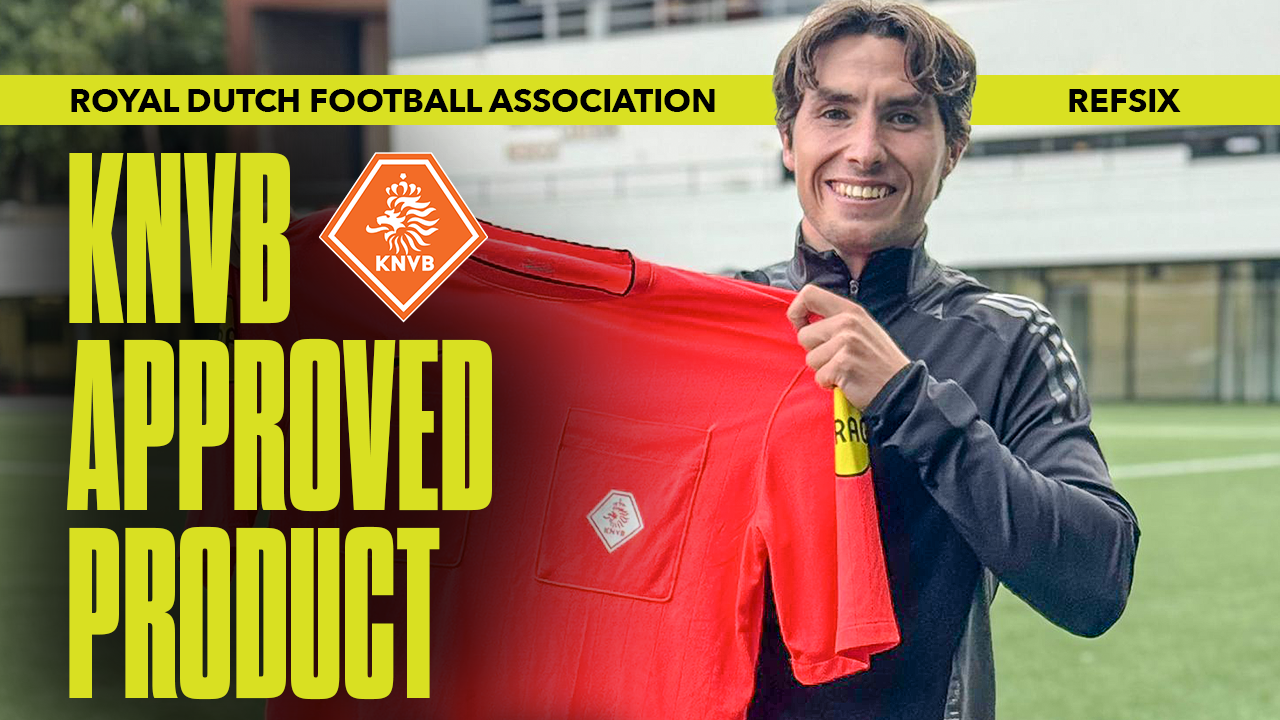Addressing violence and abuse against referees
Imagine going to work worried about someone punching you in the face?
Referees around the world have to face this prospect every time they walk out onto the pitch. As shown by the recent incident in Türkiye where referee Halil Umut Meler was punched by MKE Ankaragucu president Faruk Koca at the end of a 97th-minute equaliser in a 1-1 draw with Caykur Rizespor. This incident has once again sparked the debate about referee abuse and what can be done about it.
Referees already have an impossible job - keeping the game fair and within the laws as set by IFAB. They make instantaneous decisions, often under immense pressure, aiming to be fair and unbiased. These split-second judgments can be contentious, leading to emotional outbursts from players, coaches, and even spectators.
Verbal abuse is one of the most prevalent forms of aggression faced by referees. The barrage of insults, derogatory remarks, and personal attacks can be emotionally draining and demoralising. It not only affects the individual referee but also sends a damaging message to aspiring officials and impacts the overall respect for the sport. UEFA have recently launched a major campaign to recruit new referees, which must come under pressure following incidents like that in Türkiye.
More distressingly, physical assaults on referees have become shockingly common. From amateur leagues to professional sports, reports of referees being pushed, punched, or even chased off the field have emerged, highlighting a dangerous trend. Such acts not only endanger the safety of the referees but also tarnish the spirit of sportsmanship that should prevail in any competition. In England, nearly a third of referees reported being physically abused.
The causes behind these acts of violence are multifaceted. Intense pressure to win, emotional investment in the game, and a lack of consequences for misconduct contribute to this issue. Additionally, the normalisation of disrespect towards authority figures in sports culture further exacerbates the problem.
What can be done?
To combat this disturbing trend, a concerted effort is required from all stakeholders involved in sports:
1. Education and awareness: Initiating educational programs aimed at players, coaches, and fans to emphasise the importance of respecting referees and understanding the challenges they face could foster a more positive environment.
2. Strict enforcement of codes of conduct: Leagues and sports organizations must implement and enforce stringent codes of conduct. Clear repercussions for abusive behaviour, including fines, suspensions, or bans, need to be consistently applied to deter misconduct.
3. Support systems for referees: Establishing support networks and counselling services for referees to cope with the stress and trauma resulting from abusive incidents is crucial. Creating a safe environment where they feel protected and valued is paramount. REFSIX is at the forefront of creating an online community of referees who can support each other.
4. Leadership and role modelling: Sports figures, including athletes, coaches, and team managers, should lead by example. Their behaviour and attitude towards referees set the tone for everyone involved, influencing how referees are treated on and off the field.
Violence against referees is a symptom of a larger issue within sports culture. Addressing this problem requires a collective effort to foster a culture of respect, fairness, and sportsmanship. It's time to recognize and appreciate the vital role referees play and ensure they can perform their duties without fear of intimidation or harm. By safeguarding referees, we ultimately protect the integrity and spirit of the games we love.
If you’re a referee and want access to data and support, download REFSIX today. It’s free to use and gives you access to our Facebook community group.



